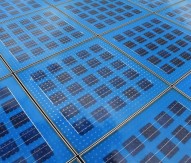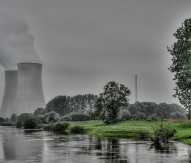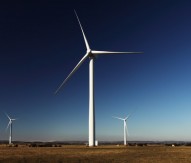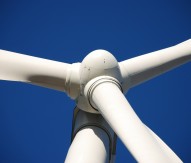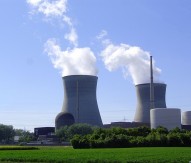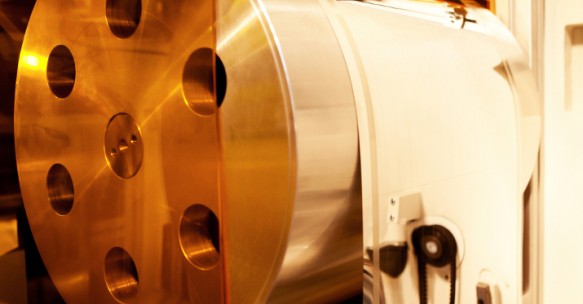
Brussels backs photovoltaic foil manufacturing method
The European Commission has awarded funding to a project focusing on developing the cost-efficient production of large scale, lightweight and flexible photovoltaic foils. It is hoped that the foils will have improved long term stability.
The three-year ALABO project is receiving Horizon 2020 financing worth €3.9m from the European Commission, and is a collaboration between Dresden-based Fraunhofer IWS and Heliatek GmbH, a leading manufacturer of organic solar foils.
According to the research team, the advantages of the organic solar cells on foil include their easier integration into building structures, and their transparency enables new applications in glazing. Furthermore, a roll-to-roll procedure allows low cost production with minimal material usage.
Speaking about the project, Dr Udo Klotzbach, co-ordinator of the ALABO project and director of the area of microtechnology in Fraunhofer IWS, said: “There are still essential technical questions to be answered before organic cells can truly be successful”.
The project leader notes the need for the development of laser structuring for connecting active layers to make the process more ‘gentle’. Additionally, it is hoped that the waste products of the laser structuring do not harm the active layers and the basic substrate of the cell do not lose ‘the barrier effect’ against water vapour.
The performance of transparent barriers is crucial for the lifetime of the PV-cells, according to the project team, and therefore is a key parameter of the technology. To guarantee a cell lifetime of 25 years, the barrier needs a water vapour transmission rate of less than 10-4g m-2 d-1. Klotzbach says: “This value can be compared with one raindrop per day passing a barrier layer in the size of a football field.”
The Horizon 2020 project also includes the participation of engineers and scientists from the Dutch HOLST Centre, the French research Centre CNRS and CEA, the Polish company Sorter and the German company 3D-Micromac AG.

